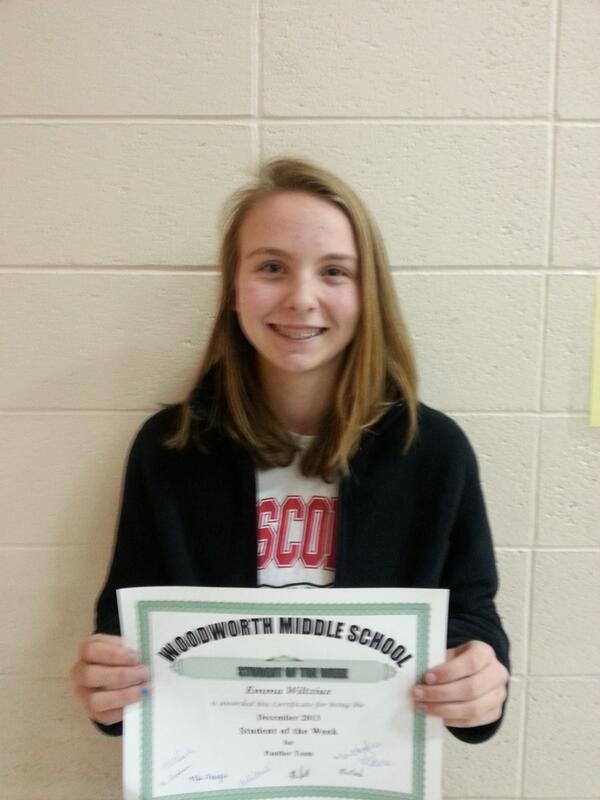Let's be honest, bloggers typically write about the same general topics. To differentiate yourself from other bloggers, you need to take those "basic" topics and tune into specifics about them. This will give your writing a different spin then the writing of other bloggers, ultimately attracting the readers attention.
The appearance of your blog is very important for drawing readers in. Presenting them with a huge block of text will often scare away your readers, but by using headings and white space, you are able to give your writing a better image. Break huge blocks of writing into different sub-sections, and label them all with a specific title. It's also helpful to add bolded phrases into your writing or give your main ideas a bigger font.
It's also important that you write with personality. If you want your readers to relate to what you're saying and genuinely enjoy reading your blog, you have to let them know that there's a real person behind those words. A few ways to do this are by eliminating choppy sentences, using jokes or phrases you say a lot, and telling real, personal stories. It's also helpful to use different font types. For example, you can italicize or bold words for emphasis that you might emphasize in your real talking.
Lastly, it's important that you use images in your writing. People relate better to visuals. When choosing images to incorporate into your blog, you want to make sure that they add to your writing and that they are clear. Readers are often turned away by blurry or unclear images, it gives them the impression that you have a low-quality blog.

